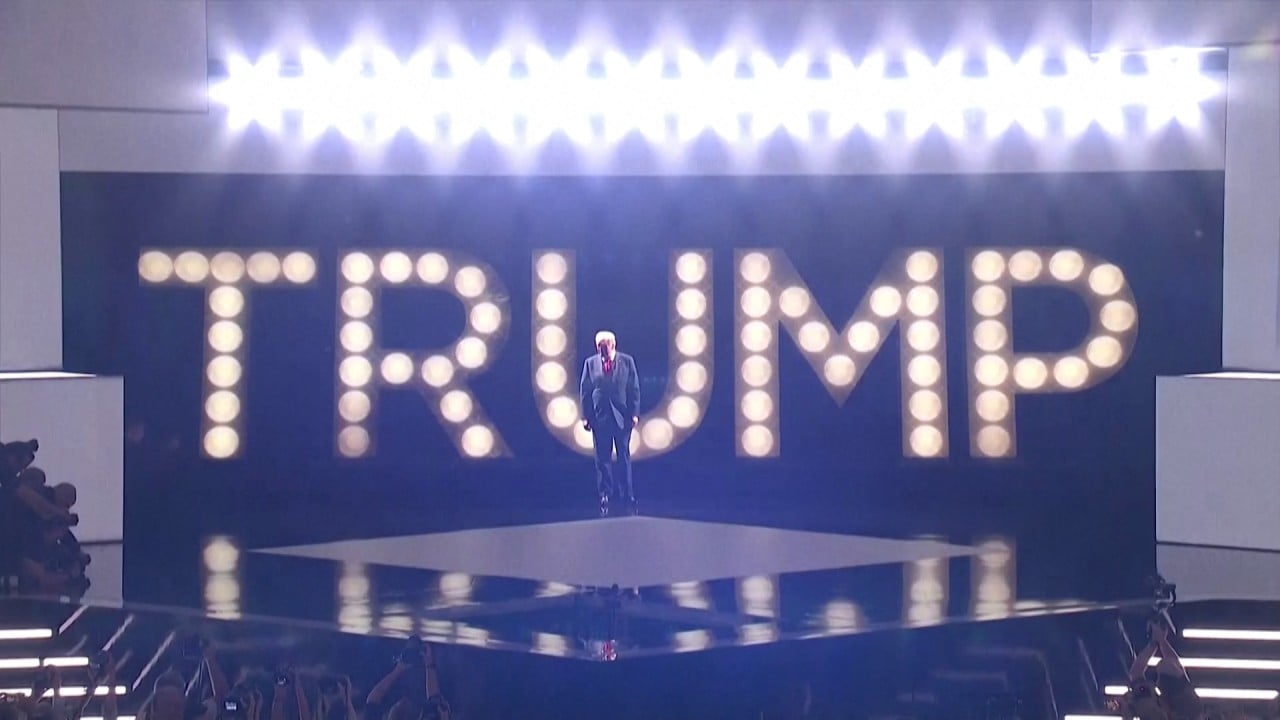China is unlikely to respond with “aggressive” retaliation to offset any impact from US president-elect Donald Trump’s proposed tariffs, but instead will work to increase domestic demand and diversify supply chains to third countries, two economists said on Wednesday.
Trump will put tariffs in place “quite quickly” after he takes office on January 20, said Wang Tao, chief China economist at UBS Bank, and Mary Lovely, a senior fellow at the Peterson Institute for International Economics, although they could be implemented in steps.
The economists said such moves would disrupt US supply chains and could also deepen trade cooperation between Beijing and the rest of the world.
Trump has threatened to impose at least 60 per cent tariffs on all Chinese imports, while Republican lawmakers are considering revoking China’s preferential trade status, which could fast-track the tariffs.
Wang said Trump’s tariffs could drag on China’s economy by more than 1.5 per cent, although China could also look to policy responses. Such steps could include fiscal measures to boost domestic demand and diversify supply chains to other countries, which Beijing is already doing, as well as depreciation of its currency.

02:11
Trump vows high tariffs on China-made cars in his first speech after assassination attempt
Trump vows high tariffs on China-made cars in his first speech after assassination attempt
She said China also continued to invest overseas through its Belt and Road Initiative, with outbound investments expected to reach US$200 billion this year.

 By South China Morning Post | Created at 2024-11-20 21:17:00 | Updated at 2024-11-21 12:30:13
15 hours ago
By South China Morning Post | Created at 2024-11-20 21:17:00 | Updated at 2024-11-21 12:30:13
15 hours ago








